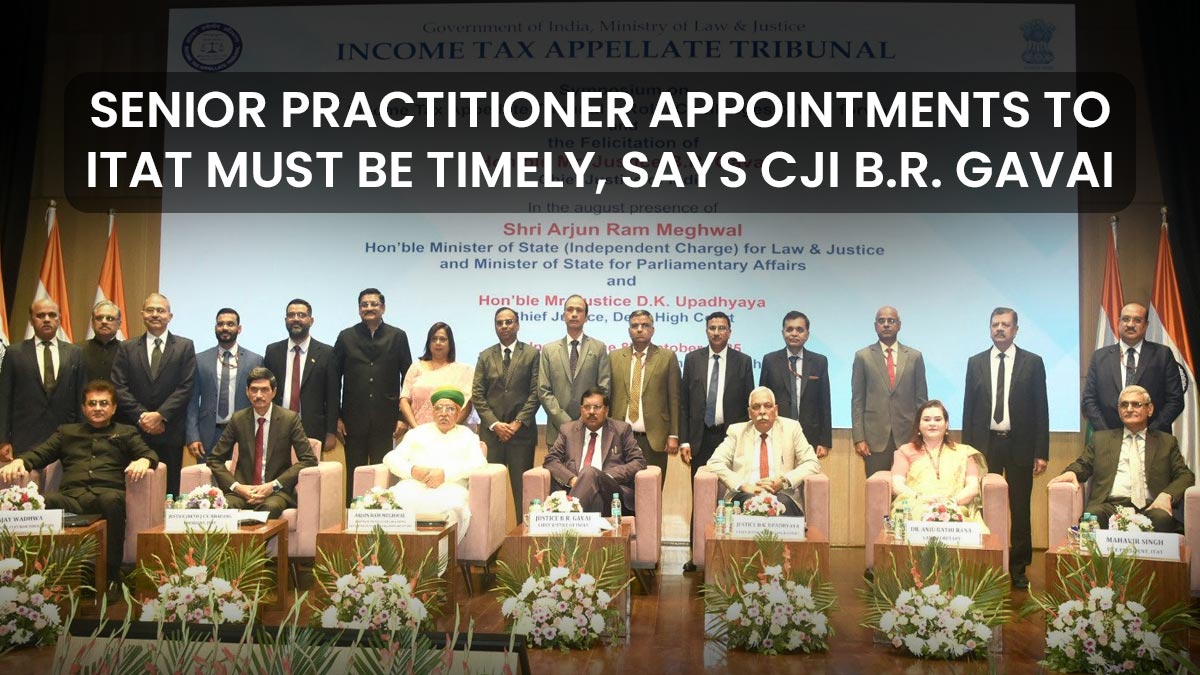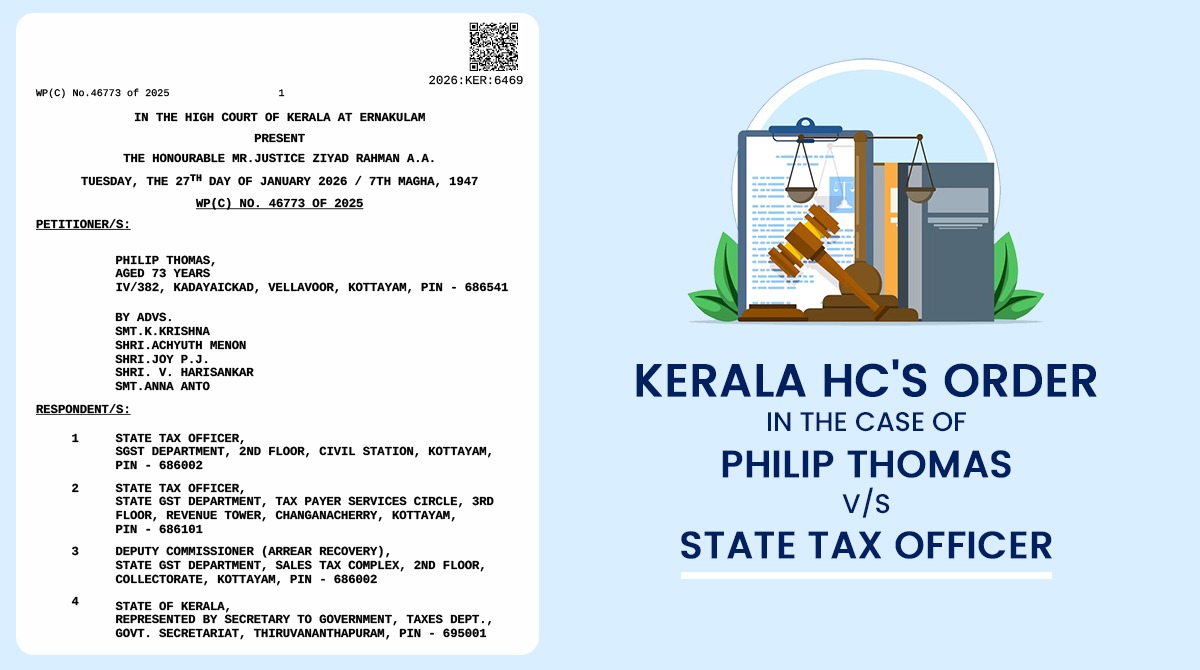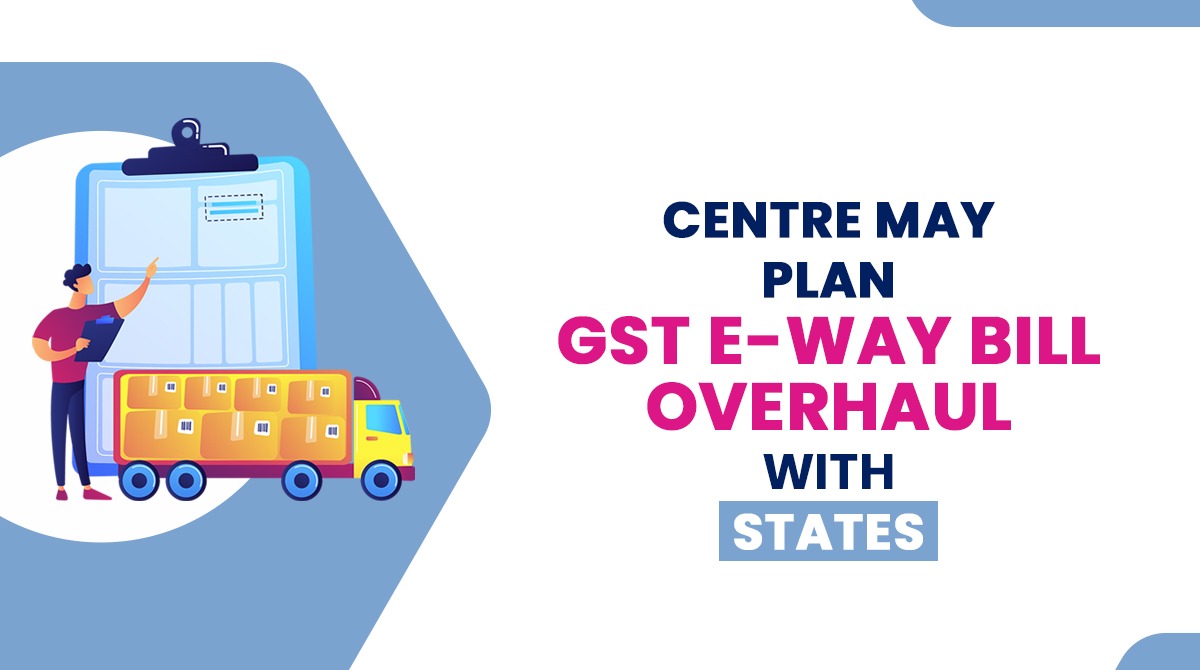
The eligibility criteria for appointment of senior practitioners at the Income Tax Appellate Tribunal (ITAT) must be timely, where their experience could be applicable effectively and not at the very end of their careers, CJI BR Gavai stated.
The CJI emphasised that the appointment process at the ITAT needs to be clear. CJI cited-
“Eligibility criteria should be adapted to attract senior practitioners at a point in their careers where their experience can be effectively applied, rather than deferring appointments to the very end of their professional lives.”
CJI was speaking at an event- “Symposium of ITAT- Role, Challenges and Way Forward.” The event was for his felicitation.
Arjun Ram Meghwal- Minister of State, Ministry of Law & Justice, was the Chief Guest for the event. Other dignitaries were Delhi High Court Chief Justice DK Upadhyaya, ITAT President- Justice (Retd.) C.V. Bhadang, President of ITAT Tax Bar Association, Ajay Wadhwa, and Law Secretary- Dr Anju Rathi Rana.
CJI on the appointment procedures at ITAT cited that the tribunal’s credibility fundamentally relies on public confidence that its members are selected as per the objective standards instead of transient administrative convenience.
The Judge cited that, “I would not like to comment on them because the matter is sub judice. I can only tell the Hon’ble Law Minister that the law has kept the minimum entry at 50 for the ITAT member. I became a High Court Judge at the age of 42.”
Enough time needs to be provided by the tenure arrangements at ITAT for the development of adjudicatory expertise and preservation of institutional memory, he cited.
The CJI, a structured programme of induction training, continuing judicial education, and focused modules on various aspects, alongside periodic workshops that bring together all the members, officers, and the Bar to discuss practical problems of proof, procedure, and principled reasoning, will lessen the failure outcomes.
Also Read: Tata Communications to Build End-to-End Digital Infra for GSTAT
CJ DK Upadhyaya, concerning the event, cited that CJI Gavai’s statements on the functioning of Central Administrative Tribunals, particularly on the independence of non-judicial members, were nicely received.
He mentioned that the ITAT’s role is filled with issues. These issues appear not only from the complex laws it must navigate but also from the inherent conflict between the revenue’s tendency to overcharge and the taxpayers’ attempts to evade their tax obligations.
“We are targeting a 5 trillion economy in the decades to come, and to achieve that, not only do we need a robust system of contract enforcement but also a predictable and simplified system of taxation,” he added.









